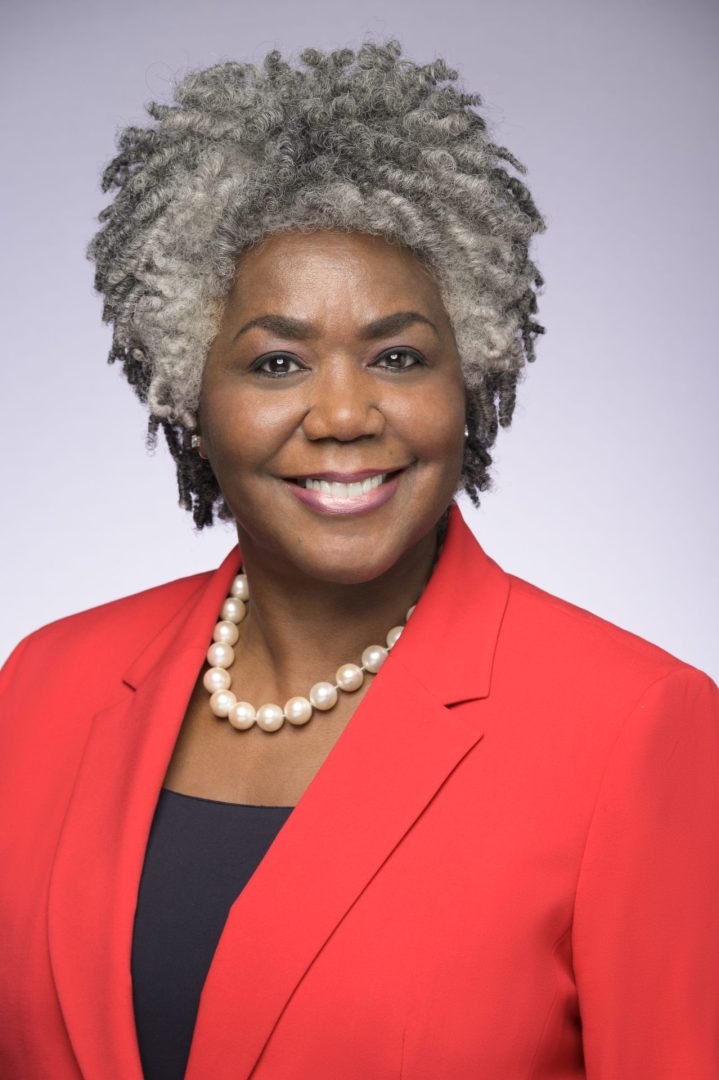Many think of the Surgeon General’s warnings as something found on dangerous substances like cigarettes. But recently, Surgeon General Dr. Vivek Murthy released an advisory on the dangers of parental stress, and the urgent need to better support parents and caregivers.
The teenage years are notoriously a challenging time—not just for young people, but also for their parents and caregivers. During this life stage, parents have to navigate their children taking risks, asserting their independence and facing peer pressure. For those raising young people of color, these pressures are tenfold, especially if they live in underserved communities. For example, food insecurity is a huge stressor on parents, as is poverty, immigrant status, unemployment, and membership in LGBTQ+ communities.
Parents of color also must deal with how racism and racially-motivated violence impact both themselves and their children. Students who felt they were victims of racism were more likely to experience poor mental health and less connection to other students at their school. The frequency of unarmed Black people being killed or attacked in recent years has been a major source of parental concern and worry every time young people leave their homes.
All of these pressures influence parental well-being, and when parents struggle with mental health, it can increase the likelihood that the child will too. That means it’s crucial that parents and caregivers get the support they need to deal with their mental health challenges, as well as make sure their children’s mental well-being needs are met.
At the Steve Fund, a nonprofit that works with young people of color and their families, we’ve identified several strategies and resources parents and caregivers can turn to to support their mental health.
One vital approach is for parents to create or find supportive spaces where they can connect with others who share similar experiences. Parenting can be an isolating journey, but these environments foster connection and reduce stress. For example, the Steve Fund has facilitated virtual family support groups, bringing together parents of adolescents of color to share their concerns about their children’s mental health. These groups not only support the children but also nurture the mental health of the parents.
Additionally, the Steve Fund offers resources through its Family Corner, an online platform that provides helpful information, workshops, videos, and strategies to assist families as they navigate the transition from adolescence to adulthood. Parents can also seek out community organizations and faith communities that are culturally responsive and affirming. Organizations such as the Urban League and NAACP cater to families with children and youth and feature cultural alignment with the communities they serve.
In general, people of color are less likely than their white counterparts to receive mental health services—and parents and caregivers are no exception. We must both reduce the stigma of seeking help and increase the number of mental health professionals of color. Telemental health services are a promising solution, helping to overcome barriers like transportation and childcare. Workplace mental health resources further increase the likelihood that parents and caregivers will receive the care they need.
Many parents are students themselves, so it’s crucial that their unique needs are addressed in the higher education space. Providing on-campus childcare is one way to reduce stress for these parents, enabling them to focus on their academic goals. The Steve Fund has developed workshops to help colleges and universities understand the specific challenges these parents face and better support them on their educational journeys.
Parents with children, regardless of their backgrounds, could benefit from learning coping skills and how to manage stress, develop good sleep habits, and learn to have realistic expectations pertaining to the developmental phases their children are going through. While raising an adolescent can feel overwhelming, numerous resources are available to offer support. By ensuring that parents can access mental health services and strategies, we can better support the well-being of the next generation.
Annelle B. Primm, M.D., MPH, is the Senior Medical Director for the Steve Fund, a leading organization in mental health advocacy for young people of color.

















